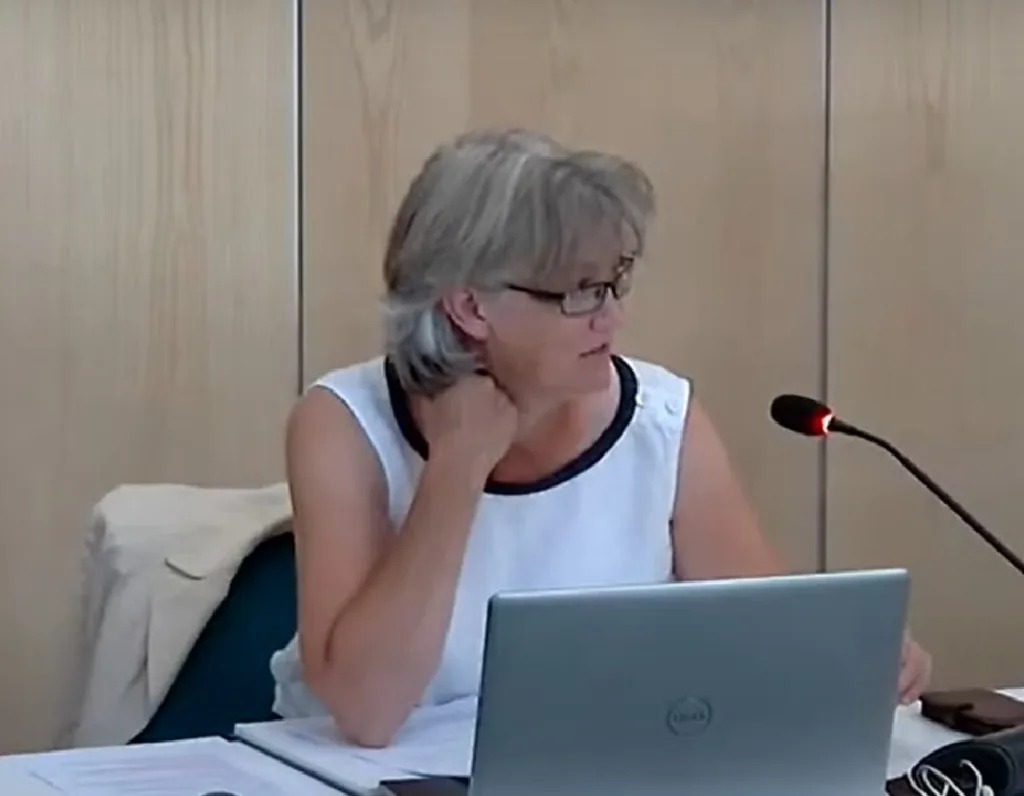The family of a two-year-old boy from Cambridgeshire who is “fighting for his life” are hoping he can receive a kidney transplant from his dad in time for Christmas.
Ari Piercy, from Sutton near Ely, was born with posterior urethral valves which caused kidney failure. At just one week old he began life-saving dialysis and family life has had to revolve around this treatment ever since.
Now, Ari’s parents, Shona, and Reece, are sharing their story to raise awareness of the urgent need for research to improve the lives of 1,000 children living with kidney disease in the UK and their families.
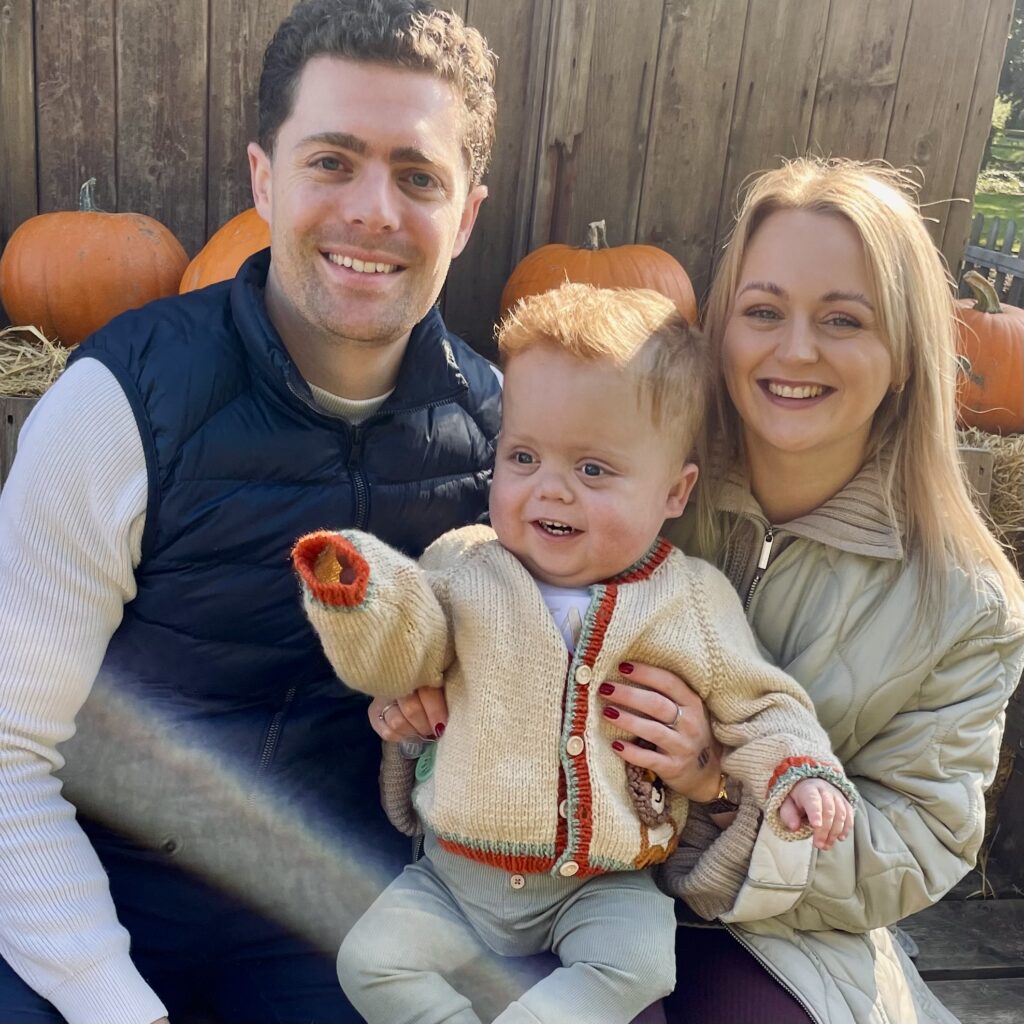
Mum, Shona, said: “We have spent most of our lives in hospital with Ari and there have been several occasions where we have been told he might die. I cannot describe how painful that is. He is still fighting though, and dialysis is keeping him alive while we wait for his transplant to happen.”
Dialysis is a necessary, life-saving treatment, but can have significant repercussions on quality of life for patients and their loved ones. Currently the Piercy family have to travel to Nottingham four times a week for Ari’s dialysis, which lasts four hours each time.
Dad, Reece, who works as a chartered surveyor, said: “Ari’s life has been very limited so far. He would be at nursery now if he were healthy but, instead, is falling behind younger children who are already walking and talking. We want to open his world to more than just home, car, and dialysis on repeat.
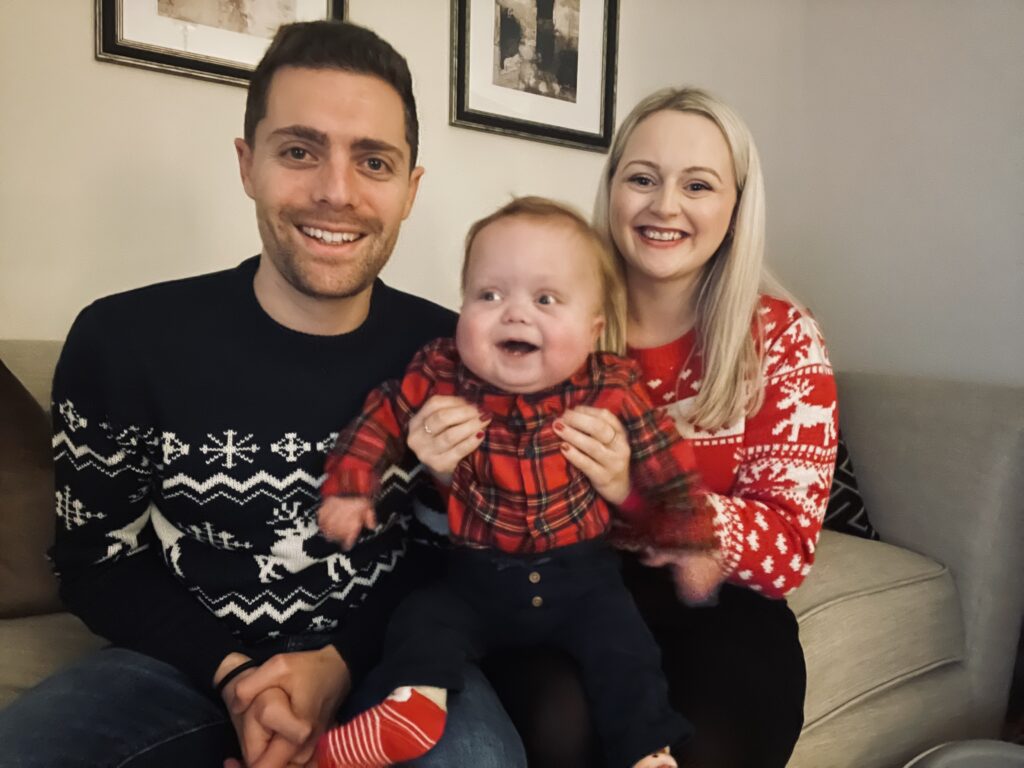
“Ari’s treatment means we do not have much time beyond his care and working hard to keep a roof over our heads. Shona takes on part-time housekeeping jobs in the evenings to help keep our finances covered. We try to hold on to the small wins and days we have out of hospital. We keep fighting back at life whilst Ari is fighting for his.”
Ari has now grown enough to be eligible for a kidney transplant and his dad has been matched as a donor. The transplant is currently being arranged by the NHS and the Piercys hope it will take place soon, freeing them from dialysis and opening new possibilities for their lives.
Reece said: “We are nervous about Ari’s future but try to approach it with optimism. Hopefully, our transplant is successful, and we can start doing more normal things as a family. It is exciting to think about Ari discovering food, when he no longer has a feeding tube, or playing with new children at preschool.”
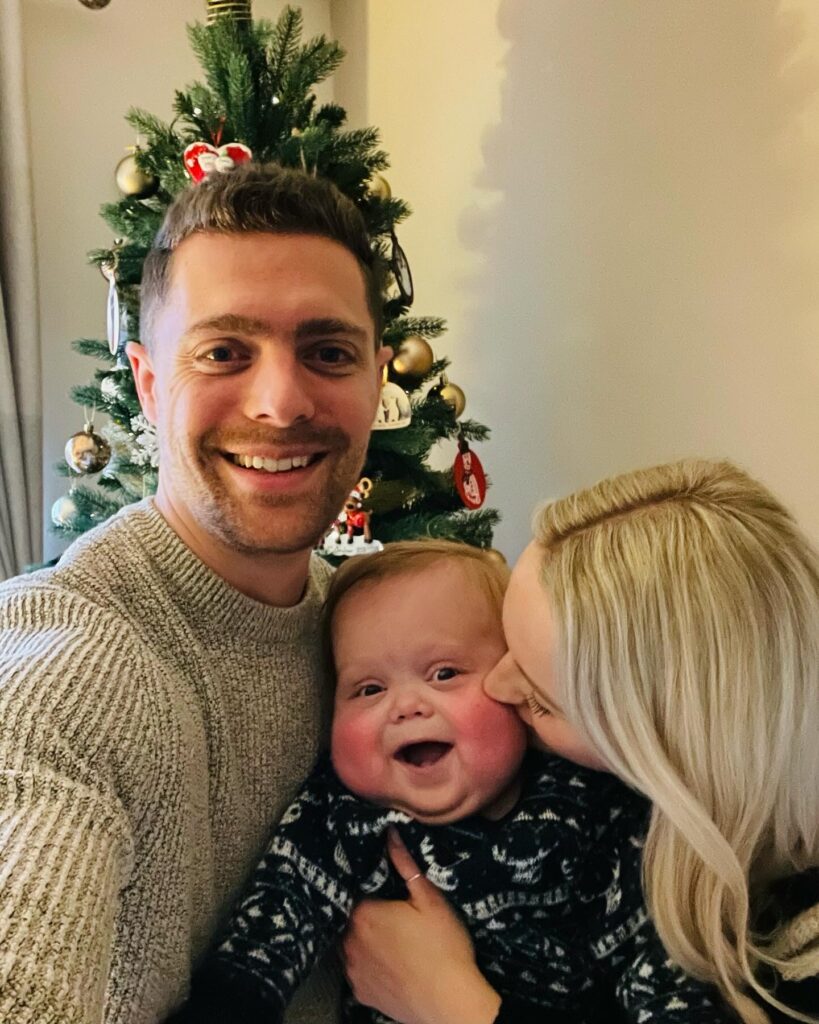
A kidney transplant can be transformative for a person’s life, but is not a cure, and on average a transplant from a living donor lasts for 20-25 years. With the treatments available today, it is likely that Ari will need multiple transplants in his lifetime and may face the need for dialysis again.
Shona said: “We hope it will buy him enough time for research to advance and reduce the long-term impact of kidney disease on his life.”
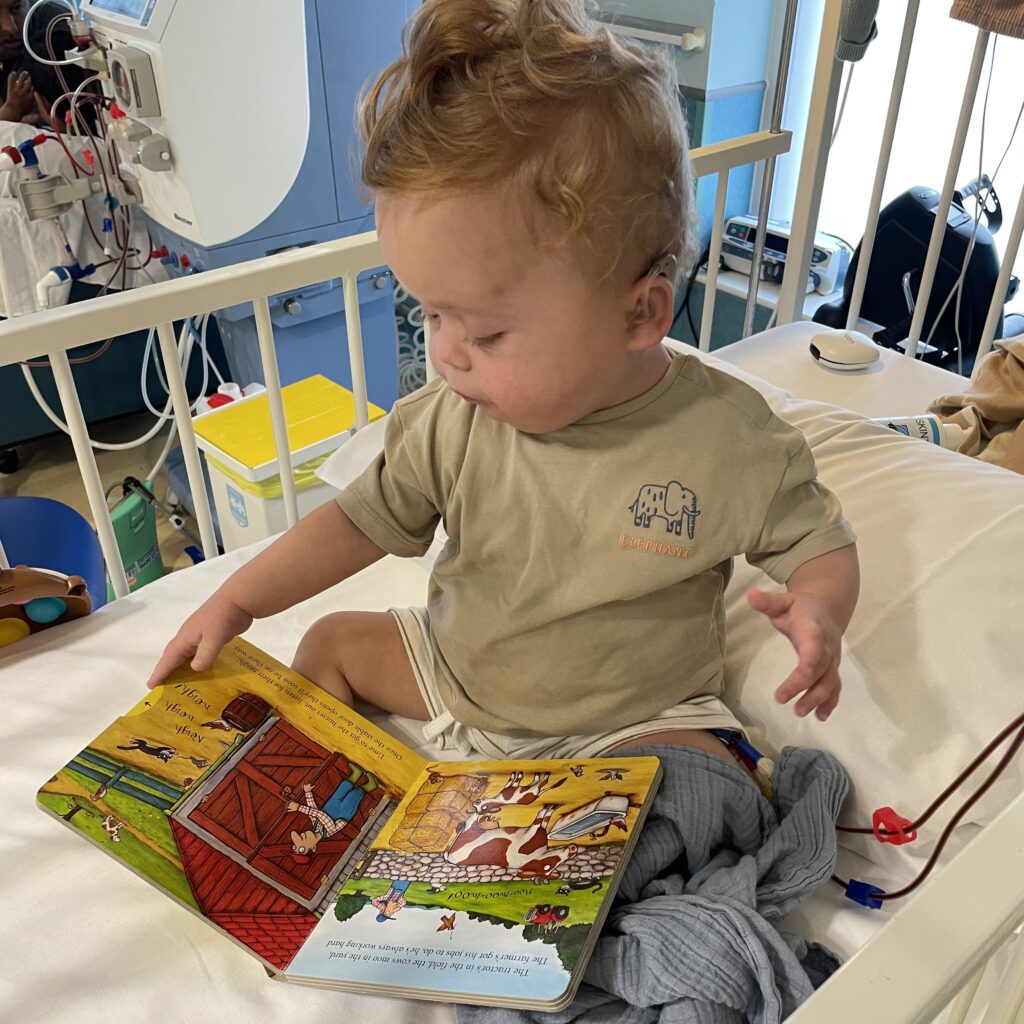
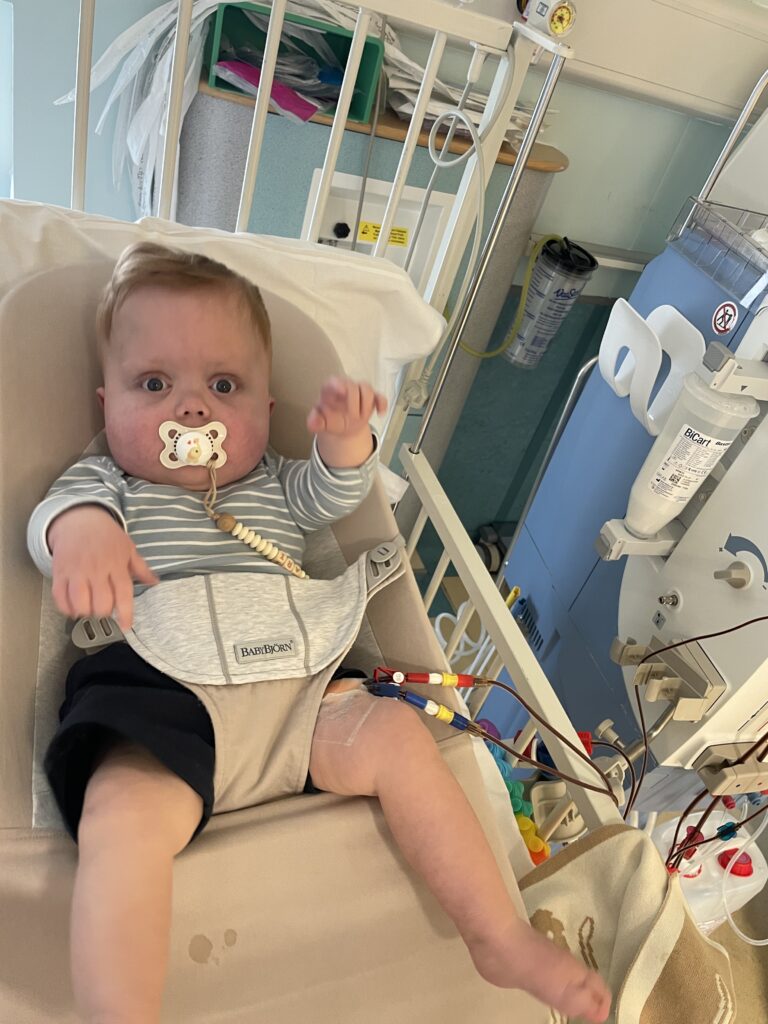
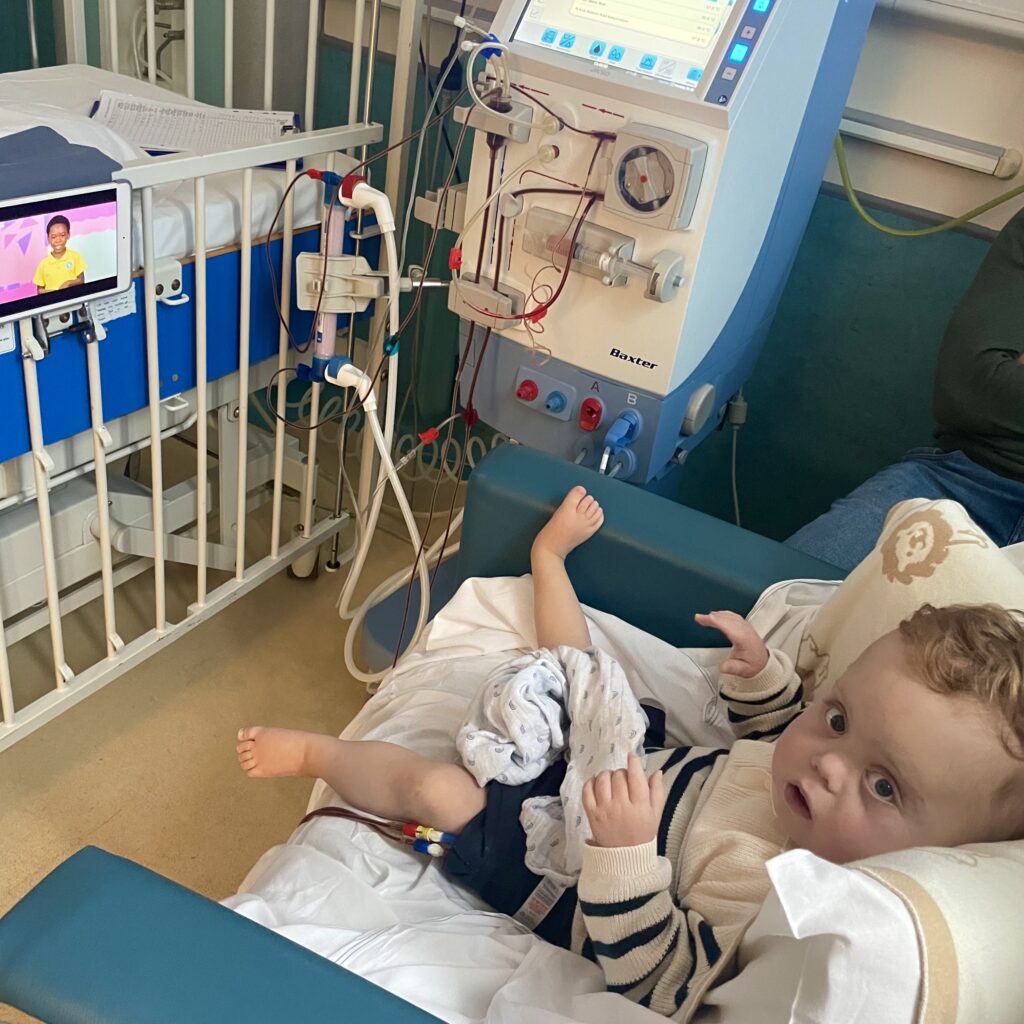
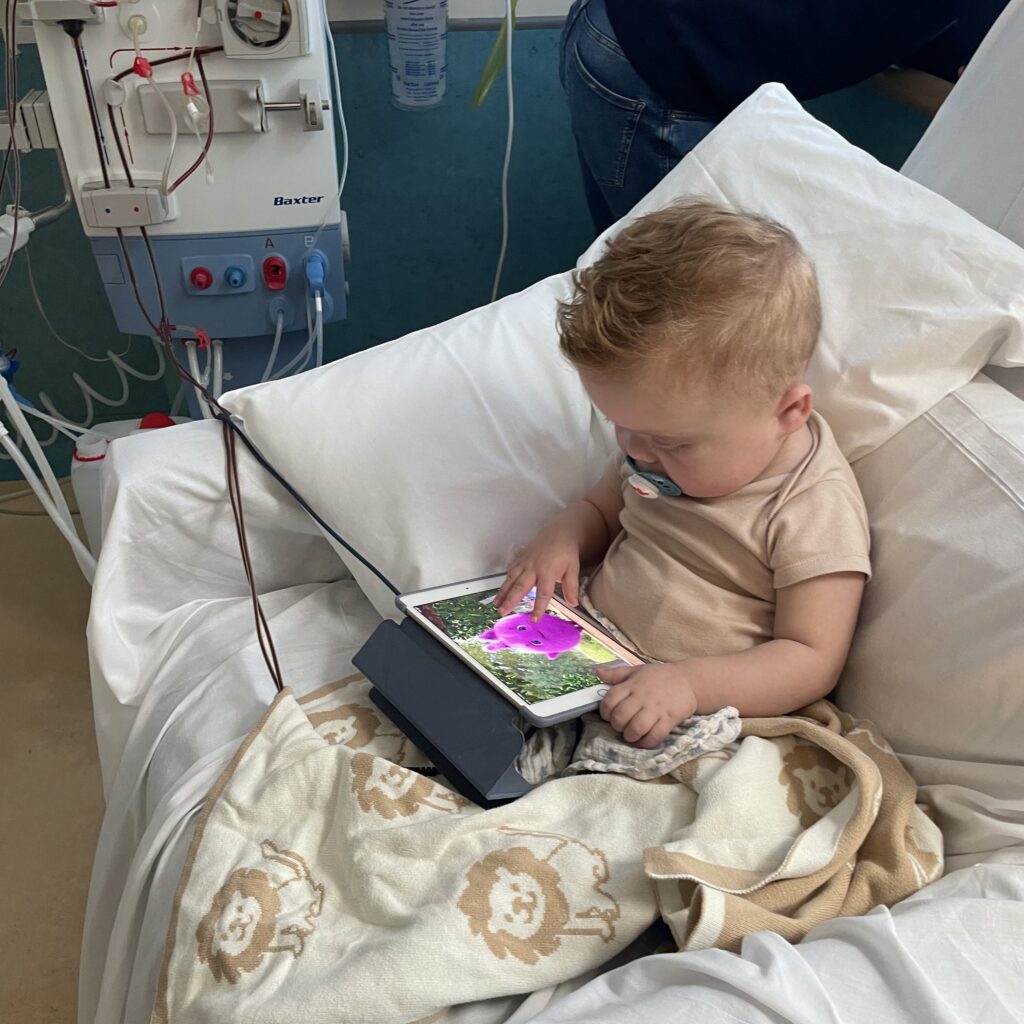
Lucy Sreeves, executive director at Kidney Research UK, said: “Ari’s early years have been severely affected by kidney disease, but advances in research can offer a better future for him and other patients.
“We are so grateful to Shona and Reece for supporting our work to make this research happen. We appreciate every penny people are able to spare in order to give the gift of research and save more childhoods from being lost to kidney disease.”
In the UK, more than 6,000 adults and children are on the waiting list for a kidney transplant, with six people dying each week whilst waiting.
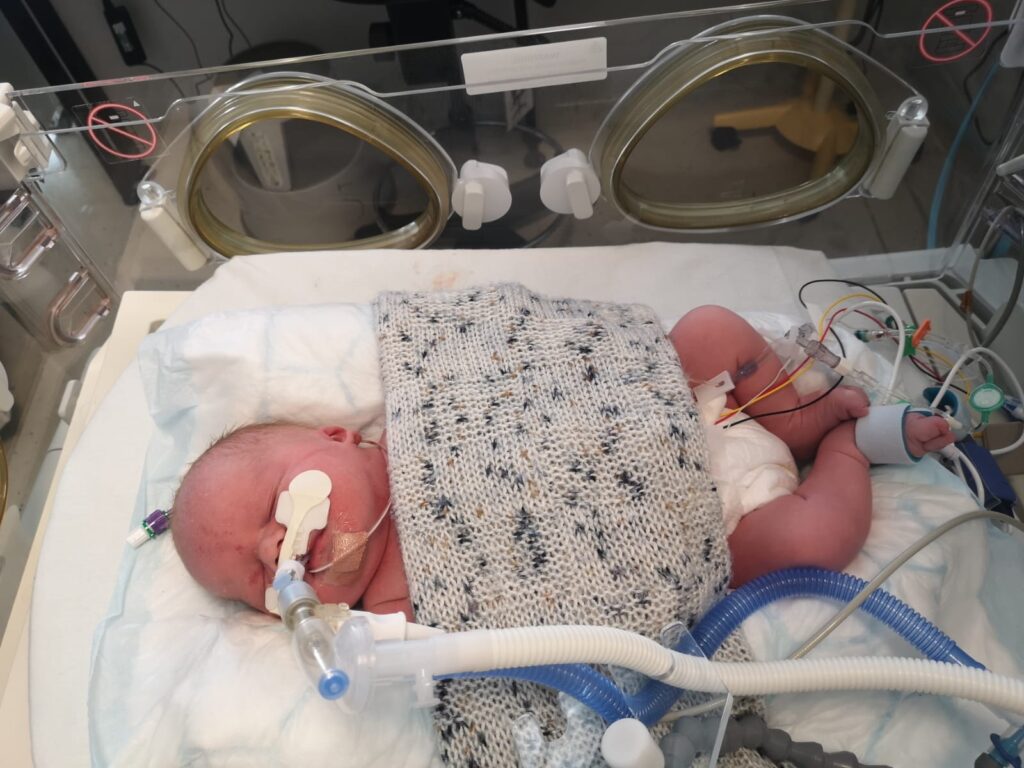
Kidney disease affects one in ten people, or around 7.2million people in the UK.
To donate to Kidney Research UK’s Christmas appeal, visit:





